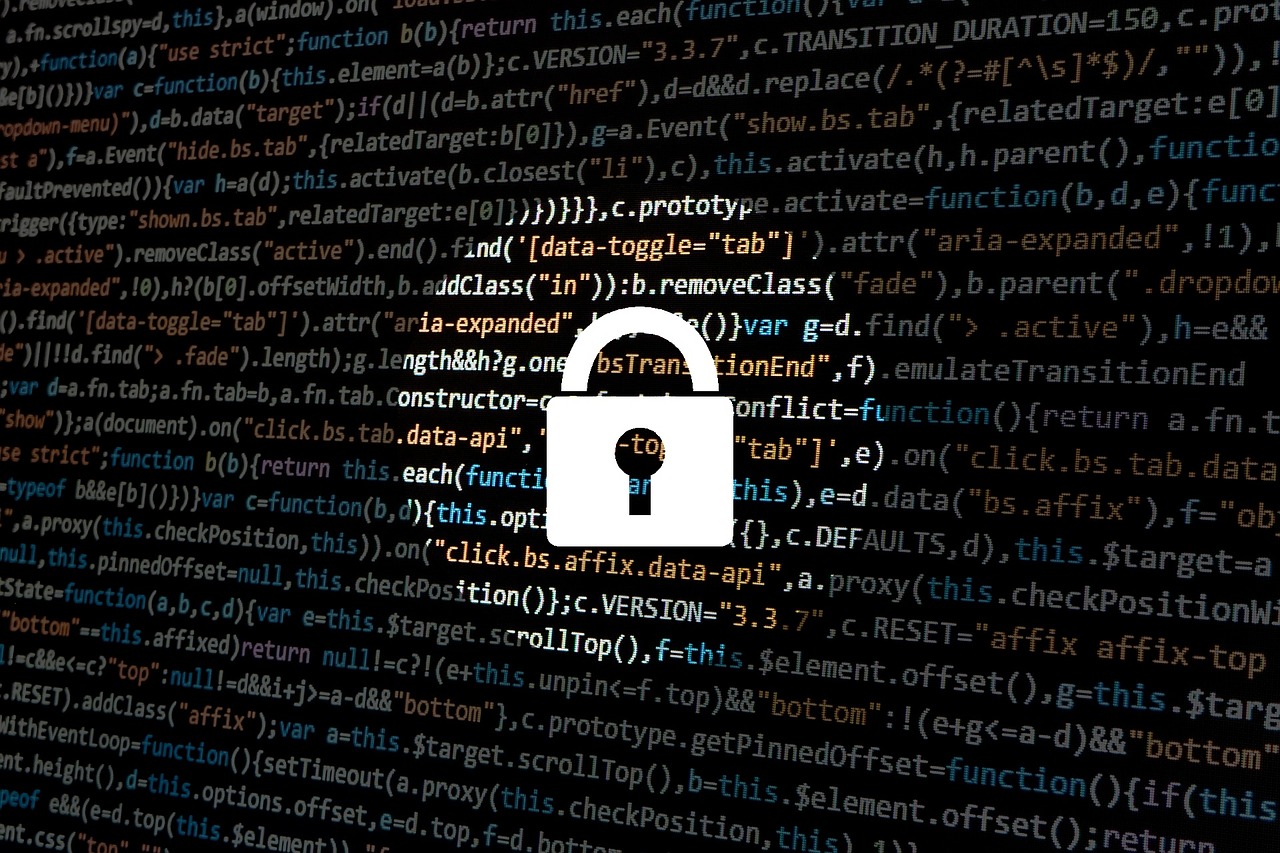
403
Sorry!!
Error! We're sorry, but the page you were looking for doesn't exist.
Israel-associated hackers claim responsibility for cyberattack on Iran
(MENAFN) In a significant development, a hacking group widely associated with Israel, known as Gonjeshke Darande or 'Predatory Sparrow' in Persian, has claimed responsibility for a cyberattack that severely impacted Iran's consumer fuel network on Monday. According to Iran's oil minister, Javad Owji, approximately 70 percent of the country's gas stations experienced service disruptions, compelling many to operate manually and resulting in long queues of cars and frustrated crowds.
The hacking group made its announcement via a post on the social media platform X (formerly Twitter), stating, "We, Gonjeshke Darande, carried out another cyberattack today, taking out a majority of the gas pumps throughout Iran. This cyberattack comes in response to the aggression of the Islamic Republic and its proxies in the region." The hackers claimed to have issued warnings to Iran's emergency services before the attack to minimize harm to civilians.
Emphasizing their controlled approach, the hackers stated, "As in our previous operations, this cyberattack was conducted in a controlled manner while taking measures to limit potential damage to emergency services." They further explained that despite having the capability to completely disrupt operations, they left a portion of gas stations unharmed for the same reason.
The group directed a message to Iran's leader, Ayatollah Ali Khamenei, posting on X, "Khamenei, playing with fire has a price." This incident adds to the series of cyberattacks that Iran has faced in recent times, with state media reports indicating that the pro-Israeli hacker group has previously claimed responsibility for cyberattacks targeting petrol stations, rail networks, and steel factories in the country.
The cyberattack underscores the ongoing cyber tensions between Iran and entities associated with Israel, contributing to the complex geopolitical landscape in the region. As Iran grapples with the aftermath of the disruption to its fuel network, questions arise about the broader implications for cybersecurity, regional dynamics, and the delicate balance of power in the Middle East. The incident also highlights the evolving tactics employed by state and non-state actors in the cyber realm, raising concerns about the potential escalation of cyber conflicts in the future.
The hacking group made its announcement via a post on the social media platform X (formerly Twitter), stating, "We, Gonjeshke Darande, carried out another cyberattack today, taking out a majority of the gas pumps throughout Iran. This cyberattack comes in response to the aggression of the Islamic Republic and its proxies in the region." The hackers claimed to have issued warnings to Iran's emergency services before the attack to minimize harm to civilians.
Emphasizing their controlled approach, the hackers stated, "As in our previous operations, this cyberattack was conducted in a controlled manner while taking measures to limit potential damage to emergency services." They further explained that despite having the capability to completely disrupt operations, they left a portion of gas stations unharmed for the same reason.
The group directed a message to Iran's leader, Ayatollah Ali Khamenei, posting on X, "Khamenei, playing with fire has a price." This incident adds to the series of cyberattacks that Iran has faced in recent times, with state media reports indicating that the pro-Israeli hacker group has previously claimed responsibility for cyberattacks targeting petrol stations, rail networks, and steel factories in the country.
The cyberattack underscores the ongoing cyber tensions between Iran and entities associated with Israel, contributing to the complex geopolitical landscape in the region. As Iran grapples with the aftermath of the disruption to its fuel network, questions arise about the broader implications for cybersecurity, regional dynamics, and the delicate balance of power in the Middle East. The incident also highlights the evolving tactics employed by state and non-state actors in the cyber realm, raising concerns about the potential escalation of cyber conflicts in the future.

Legal Disclaimer:
MENAFN provides the
information “as is” without warranty of any kind. We do not accept
any responsibility or liability for the accuracy, content, images,
videos, licenses, completeness, legality, or reliability of the information
contained in this article. If you have any complaints or copyright
issues related to this article, kindly contact the provider above.

















Comments
No comment